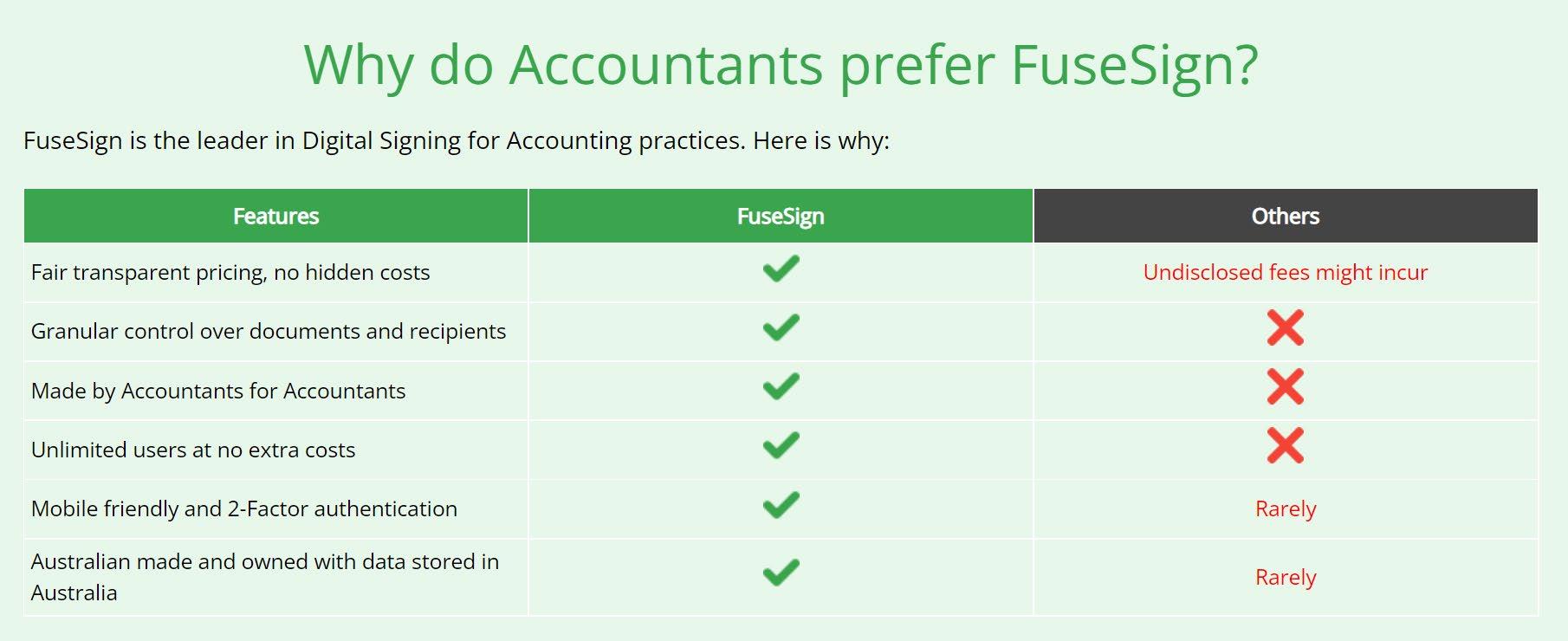Find out why every small business accounts team needs an FX risk management strategy Discover how WorldFirst’s dedicated accounting partnerships team can help you set up a robust risk management strategy, benefit from faster international payments, and gain access to flexible and transparent working capital...
This article is
S
etting the scene
Exchange rate volatility has contributed significantly to the losses millions of small businesses incurred during the global pandemic. To use an illustrative example, when the lockdown was announced in the UK in March 2020, shortly after the GBP/USD exchange rate fell to a 35-year low, some supplier contracts became unaffordable overnight for UK businesses trading with the US. Many firms at this time scrambled to adjust supply chains and operations to stay viable as a business. But for many, the losses associated with fluctuating exchange rates were unforeseen, and many business’s profits were negatively impacted due to them not being prepared for FX risk. This example shows, that if business or clientele makes or receives payments in multiple currencies, you may require an FX risk management strategy to reduce exposure to any future instances of exchange rate volatility.
@WorldFirstLtd
Simon Smallwood, Head of Partnerships, WorldFirst UK Before joining WorldFirst Simon worked for a number of years with an SME and Accountancy focused Fintech business, having previously spent 8 years working for an Internationally focused UK based SME that he co-founded and is still running today. This provides Simon with a great insight into the benefits technology can bring to SMEs in managing their finances and the opportunities for Accountants, Bookkeepers and business owners alike.
risk in FX markets. Forward contracts can help companies to eliminate volatility in their financial statements and improve their overall creditworthiness.
financial tools teams can deploy with the help of a dedicated relationship manager from a money transfer service like WorldFirst.
For example, suppose a UK marketplace seller finds a supplier in the US that offers a great deal on their e-commerce products at a specific time of the year. However, due to currency fluctuation, their prices suddenly become unprofitable for your business model. In this instance, the UK brand could use a forward contract to lock in an agreed exchange rate and simultaneously assure that their companies’ accounts are not recording a loss when the transaction is complete.
Forward exchange contracts (FEC)
There are several tools accounts teams can use to minimise FX risks to small businesses trading internationally. Here, we will run through some key examples of
A forward exchange contract may be a good option for payments due on a future date. Here, you agree on a fixed currency rate on the value of a transaction and effectively lock in the price until the contract reaches its maturity date. Utilising an FX trader can help you access your transaction’s most competitive exchange rate. However, in instances where the value of your currency falls below a certain amount, you may have to make up the difference in what is known as a margin call.
How small businesses can hedge against FX currency risk All businesses looking to expand to international audiences will eventually need to hedge currency
64 / Issue 30
XU Magazine - the independent magazine for Xero users, by Xero users.



































